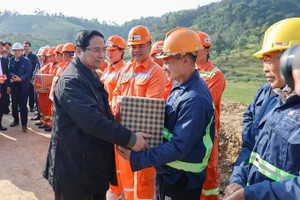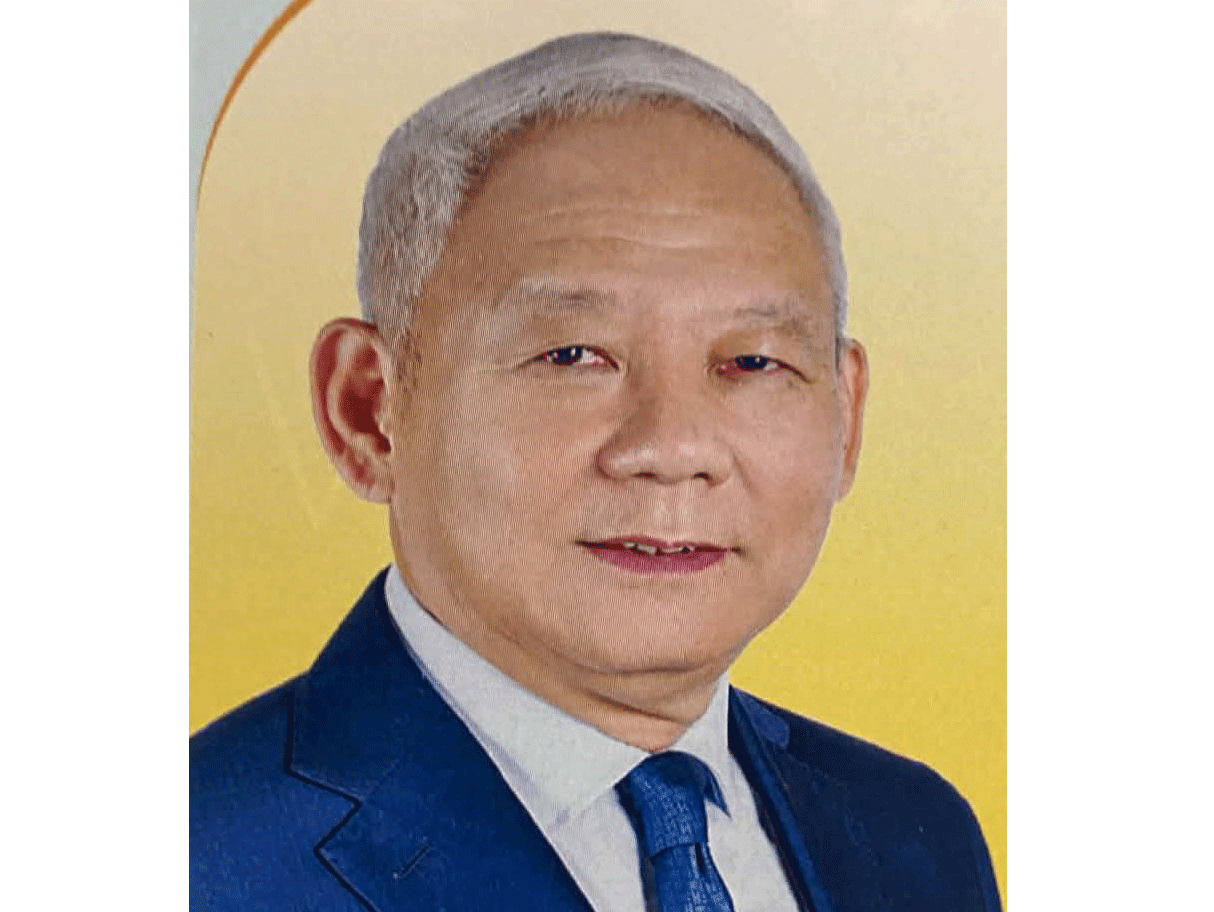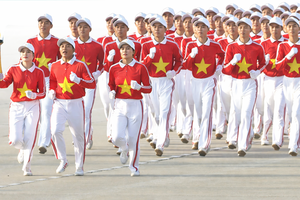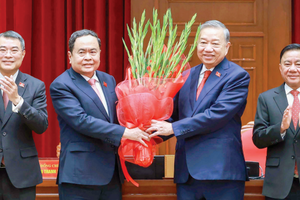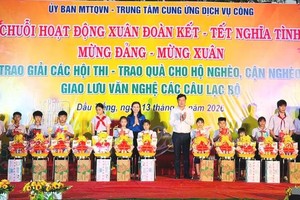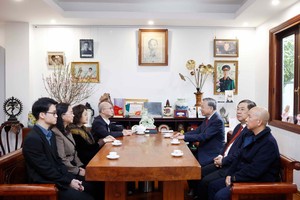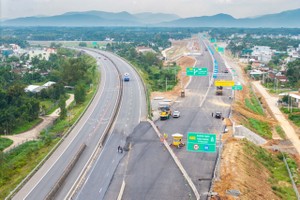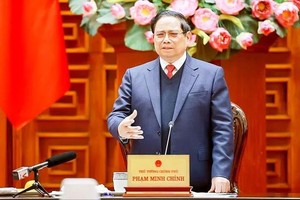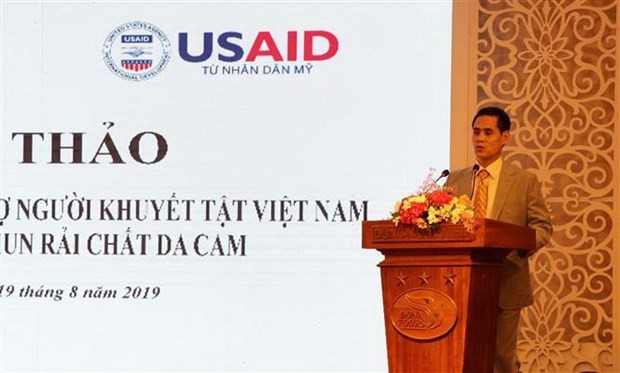
The conference, co-organised by Vietnam’s Office of the National Steering Committee on the Settlement of Post-war Unexploded Ordnance and Toxic Chemical Consequences - known as Office 701 – and the United States Agency for International Development (USAID) in Dong Nai Province, brought experts and specialists together to discuss the outline of a project to help people with disabilities across seven provinces.
They included Dong Nai, Binh Phuoc, Tay Ninh, Binh Dinh, Quang Nam, Thua Thien- Hue and Quang Tri. Those localities were exposed to large amounts of herbicide, of which Agent Orange was the most widely used, by the US during the war.
It was estimated that there were more than 163,000 people with permanent and extremely severe physical and mental disabilities across the localities, said Office 701 Chief of staff Nhan Thanh Cong at the conference.
“Most of them are war victims, poor and struggling to obtain a means of living,” he added.
Cong said that the project was to realise the Memorandum of Intent between Office 701 and USAID on assistance for Vietnamese people with disabilities in priority provinces signed in April this year.
Accordingly, USAID will provide $50 million to Vietnam in order to enhance the country’s ability for better health care, medical treatment and physical rehabilitation as well as to improve the quality of life for disadvantaged people in seven provinces and make sure they can integrate well into society, Cong said.
USAID Vietnam’s Environment and Social Development Office director Christopher Abrams said that the new project was the next mission after several fruitful co-operations between the two countries.
The agency would by all means assist Vietnam to carry out the project successfully, he said.
